Red Borneo Kratom is a unique strain of the Mitragyna speciosa tree, native to the island of Borneo. This tropical...

States Where Kratom is Banned in the US
Kratom, a botanical derived from the leaves of the Mitragyna speciosa tree, has been the subject of much debate and controversy in the United States. This plant-based substance has gained popularity for its potential therapeutic benefits, such as pain relief and mood enhancement. However, its legal status remains a patchwork across the country, with some states imposing outright bans while others maintain more lenient regulations.
In this blog post, we'll dive into the complex landscape of Kratom legality, exploring the specific states that have banned or restricted its use, as well as the underlying factors that have shaped these decisions. We'll also discuss the potential implications for consumers and businesses, and examine the ongoing legal battles and public opinion surrounding this contentious issue.
What Is Kratom and Why Is It Controversial?
Kratom is a tropical evergreen tree native to Southeast Asia, particularly Indonesia, Malaysia, and Thailand. The leaves of the Mitragyna speciosa plant have been used for centuries by local populations for their purported medicinal properties. When consumed, Kratom can produce stimulant-like effects at lower doses and opioid-like effects at higher doses.
The controversy surrounding Kratom stems largely from the ongoing debate around its potential health risks and benefits. The U.S. Food and Drug Administration (FDA) has expressed concerns about the safety of Kratom, citing links to addiction, and abuse. The agency has attempted to classify Kratom as a controlled substance, arguing that it poses a public health threat. However, proponents of Kratom contend that it can be a valuable tool for managing pain, curbing opioid addiction, and improving overall well-being when used responsibly.
Where Is Kratom Currently Banned in the United States?
Overview of States with Complete Bans
As of 2023, six states have imposed outright bans on the possession, sale, and distribution of Kratom: Alabama, Arkansas, Indiana, Rhode Island, Vermont, and Wisconsin. In these states, the use, sale, and even possession of Kratom can result in criminal penalties.
Specific Regulations in Key States
While the majority of states have not enacted complete bans, several have implemented various restrictions on Kratom. For example:
-
Alaska: Kratom is classified as a controlled substance, and the sale of Kratom to minors is prohibited.
-
Arizona: The sale of Kratom to individuals under the age of 18 is prohibited.
-
California: Several cities, including San Diego and Oceanside, have banned the sale of Kratom, but it remains legal at the state level.
-
Florida: Kratom is legal for adults 21 and older, but the sale to minors is prohibited.
-
Illinois: Kratom is legal for adults 21 and older, but the sale to minors is prohibited.
-
New Hampshire: Kratom is legal for adults 21 and older, but the sale to minors is prohibited.
-
Tennessee: Kratom is legal for adults 21 and older, but the sale to minors is prohibited.
Why Is Kratom Legal in Some States But Not Others?
The varying legal status of Kratom across the United States can be attributed to a combination of factors, including public opinion, the influence of regulatory bodies, and ongoing legal battles.
Legal Battles and Public Opinion
In some states, the legality of Kratom has been the subject of intense legal and political debates. For example, in 2016, the DEA attempted to classify Kratom as a Schedule I controlled substance, a move that was ultimately abandoned due to public backlash and concerns from lawmakers. This setback has made it more difficult for federal authorities to impose nationwide restrictions, leading to a patchwork of state-level regulations.
The Role of Kratom Consumer Protection Acts
In response to the ongoing legal uncertainty, some states have adopted Kratom Consumer Protection Acts (KCPAs), which establish regulatory frameworks for the sale and use of Kratom. These acts typically include age restrictions, labeling requirements, and quality control measures. The passage of KCPAs in states like Utah, Georgia, and Arizona has helped maintain the legal status of Kratom in those jurisdictions.
How Do State Regulations Affect Kratom Users and Businesses?
The varying legal status of Kratom across the country has significant implications for both consumers and businesses operating in the Kratom industry.
Impact on Consumers and Retailers
In states with outright bans, Kratom users face the risk of criminal penalties for possession and use. This can disrupt access to a product that some individuals rely on for pain management, addiction treatment, or general well-being. For businesses, these bans can lead to the closure of Kratom retailers and the loss of jobs and tax revenue.
Alternatives and Legal Remedies for Kratom Users
In states where Kratom is banned, consumers may seek out legal alternatives, such as CBD or other herbal supplements. Some individuals have also explored legal challenges to these bans, arguing that they violate individual rights or are unsupported by scientific evidence. However, the success of these challenges has been mixed, and the legal landscape remains uncertain.
The Bottom Line
The legal status of Kratom in the United States is a complex and ever-evolving issue. While some states have imposed outright bans, others have adopted more nuanced regulations, and many have yet to take action. As the debate around the potential risks and benefits of Kratom continues, it is crucial for consumers, businesses, and policymakers to stay informed and engaged in the ongoing discussions surrounding this controversial substance.
Looking for high-quality kratom? VisitSpeakeasy Kratom for responsibly sourced kratom products. Whether you're new to kratom or an experienced user, Speakeasy Kratom offers a wide range of products to meet your needs. Shop now and join our community of satisfied customers!

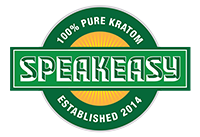





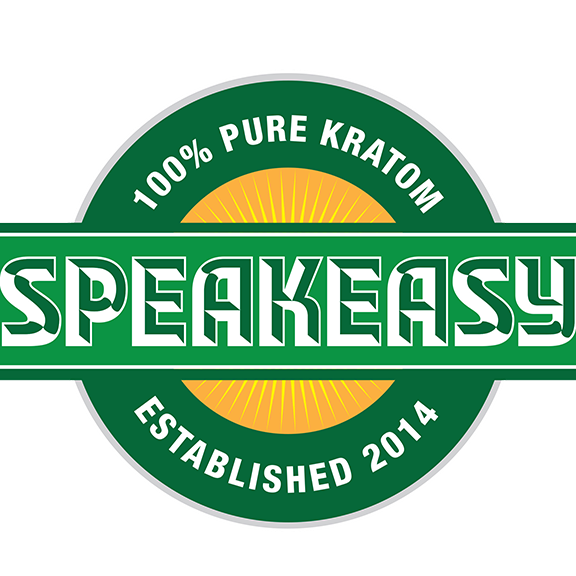
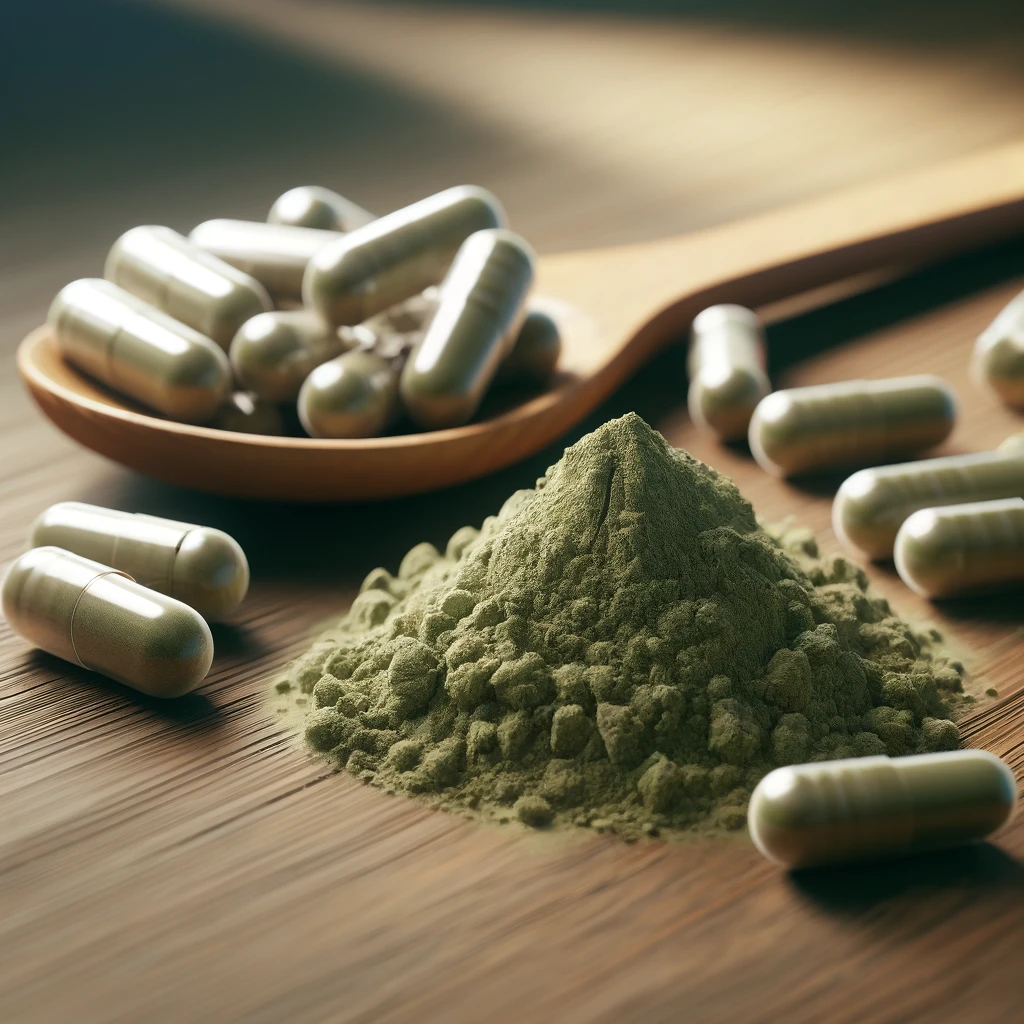


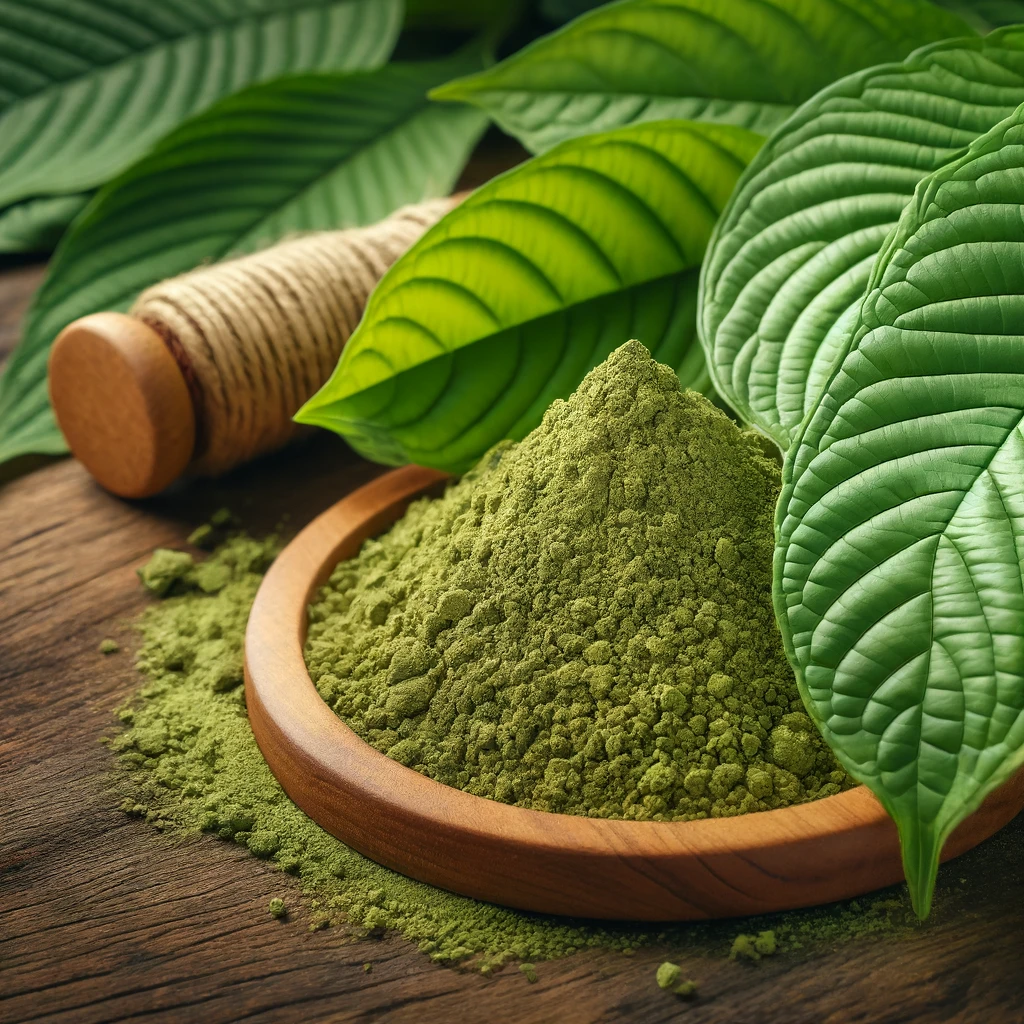
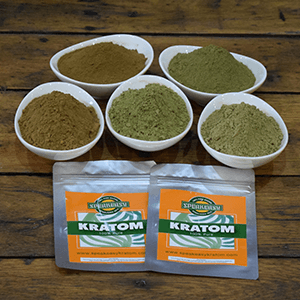

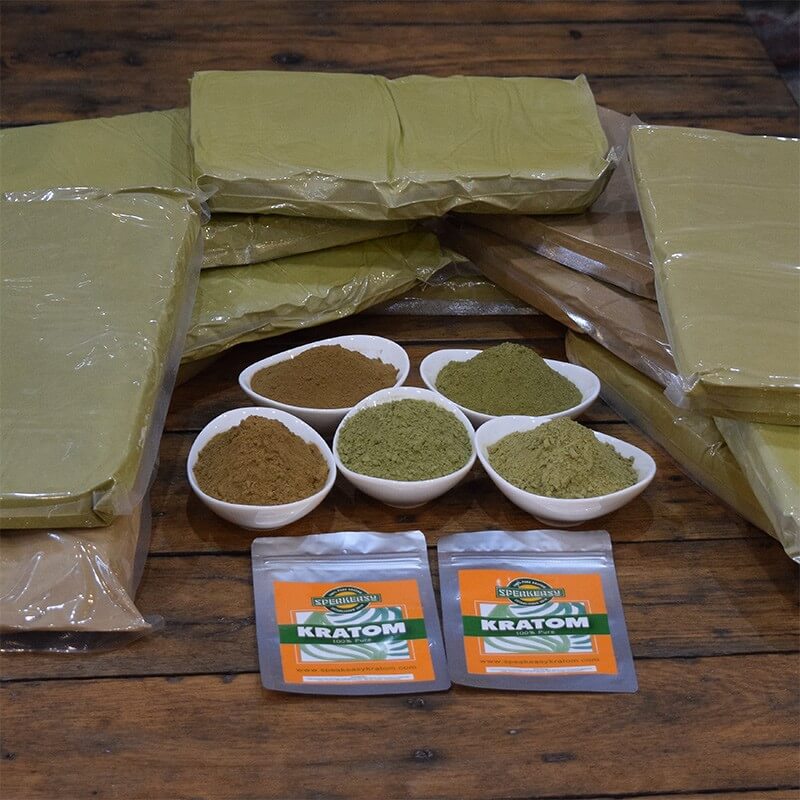
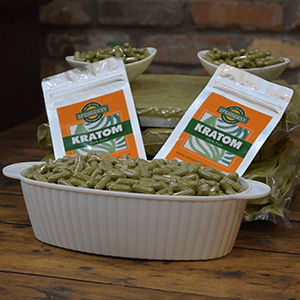
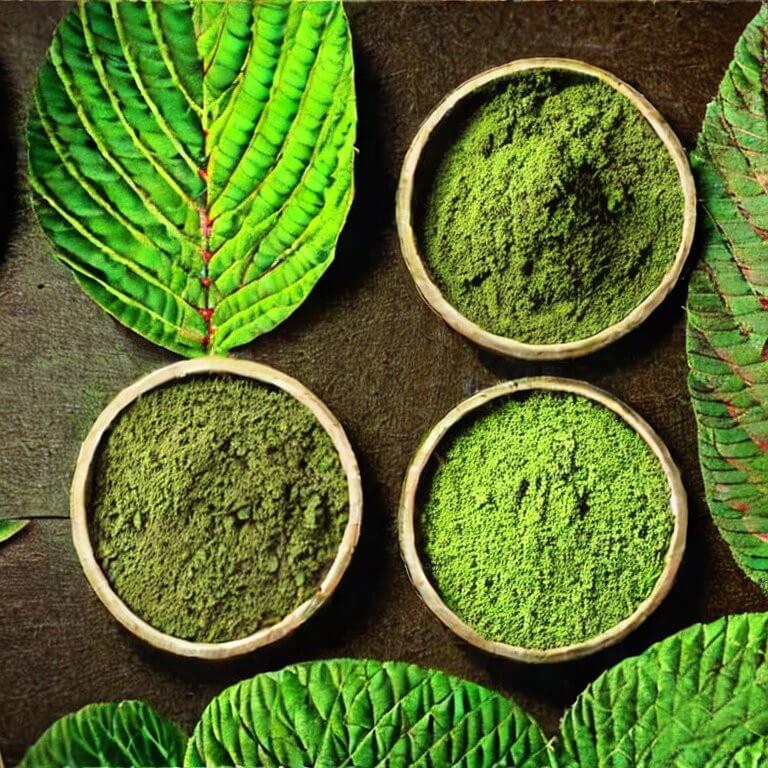
Leave a comment